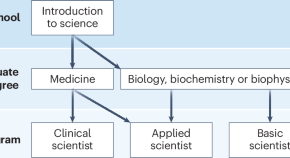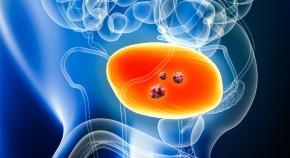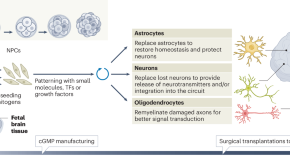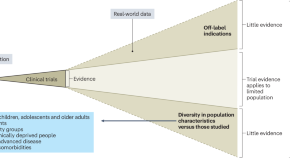Browse Articles
| Nature Medicine (original) (raw)
Article Type
- All
- Article (3329)
- Author Correction (190)
- Between Bedside and Bench (138)
- Book Review (402)
- Brief Communication (245)
- Comment (188)
- Commentary (273)
- Correspondence (516)
- Corrigendum (146)
- Editorial (386)
- Letter (893)
- Letters to the Editor (435)
- News (2917)
- News & Views (2274)
- News Feature (207)
- On the Market (250)
- Research Highlight (386)
- Research Highlights (292)
- Review Article (265)
- Technical Report (251)
Year
All
Correspondence22 Oct 2024

Economics, equity and avoidable mortality
Two new studies characterize the unequal global burden of avoidable mortality and the economic value of reducing it — providing evidence to support targeted investment in health and longevity.
- Jeong-Yeon Cho
- Nathorn Chaiyakunapruk
News & Views22 Oct 2024 - ArticleOpen Access21 Oct 2024
- Correspondence18 Oct 2024

Correspondence17 Oct 2024- Research Highlight17 Oct 2024
- Publisher Correction16 Oct 2024
- Correspondence16 Oct 2024

Perioperative immunotherapy for bladder cancer
In the NIAGARA trial, the addition of perioperative durvalumab to standard treatment for muscle-invasive bladder cancer improved event-free and overall survival, marking a new treatment option for this condition.
- Karen O’Leary
Research Highlight16 Oct 2024 
Cell therapy for neurological disorders
This Review summarizes the state of clinical research on cell replacement therapy for neurological conditions, and discusses the challenges facing the field, from immunosuppression and therapeutic delivery to cost issues.
- Soshana P. Svendsen
- Clive N. Svendsen
Review Article15 Oct 2024 
A chatbot changes the minds of conspiracy theorists
A study of over 2,000 people shows that interacting with a large language model reduced belief in conspiracy theories — including some related to COVID-19 — by providing tailored, one-on-one interactions and compelling evidence.
- Karen O’Leary
Research Highlight14 Oct 2024 
How to make cardiology clinical trials more inclusive
Cardiology trials continue to under-represent certain population groups relative to disease distribution; this Perspective outlines strategies to foster representativeness and create a research enterprise that meets the needs of people living with cardiovascular disease.
- Faiez Zannad
- Otavio Berwanger
- Harriette G. C. Van Spall
Perspective14 Oct 2024 - Research Briefing11 Oct 2024

Computational brain models map diversity embedded in aging and dementia
This study explored how diverse factors including neurocognitive disorders, socioeconomic inequalities, pollution and gender disparities influence brain aging in underserved populations (groups with limited access to essential services such as healthcare and education). Using deep learning on EEG and fMRI data, we identified brain-age gaps as key markers of accelerated brain aging and their connections to macrosocial determinants of health.
Research Briefing10 Oct 2024
People with cardiac pacemakers require multidisciplinary care
Echocardiographic screening during routine pacemaker checkups identifies pacing-induced cardiomyopathy in more than one-third of patients, requiring multidisciplinary, guideline-directed follow-up care.
- Kevin Vernooy
- Antonius M. W. van Stipdonk
- Jacqueline Joza
News & Views09 Oct 2024
